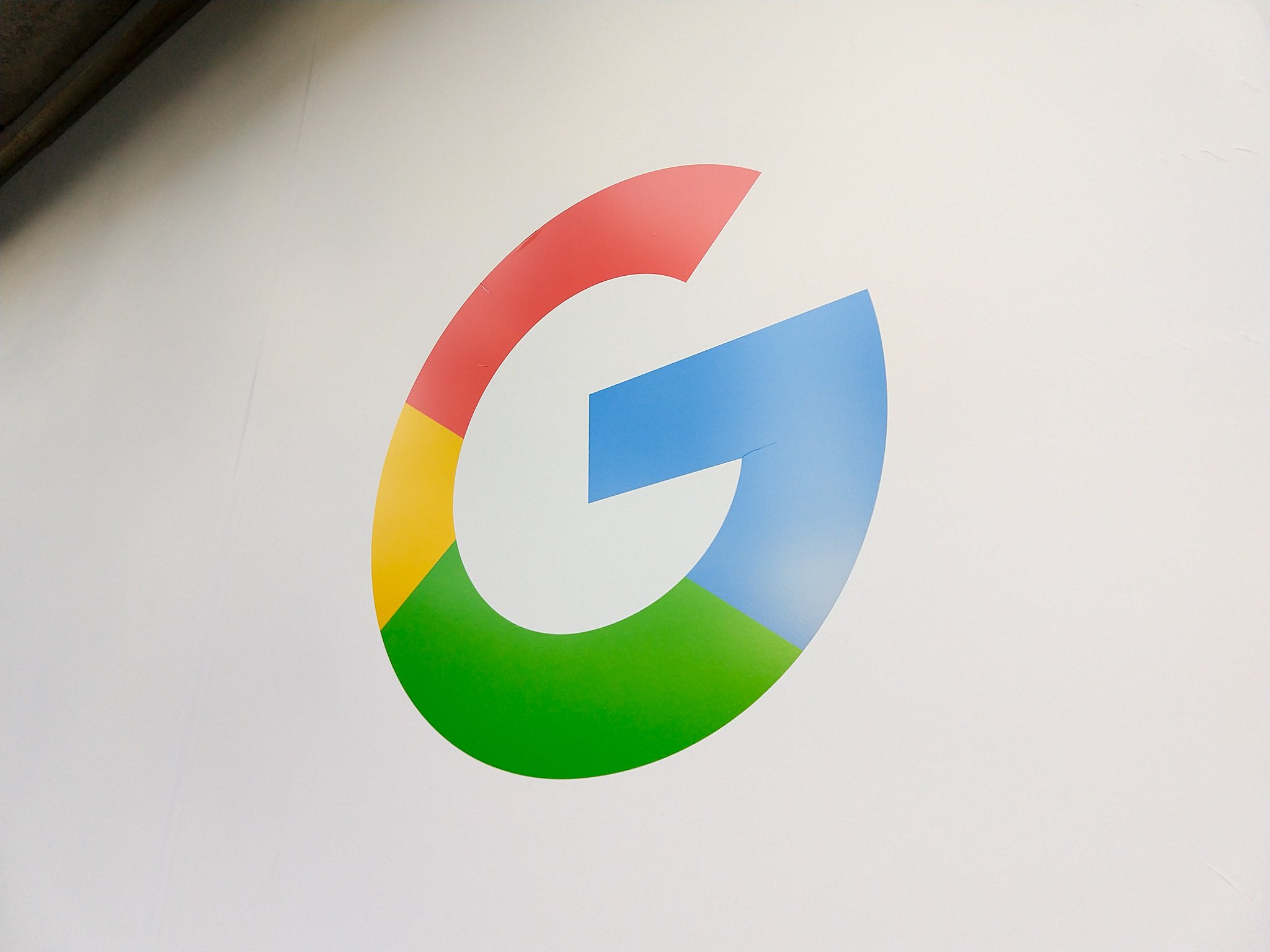Appeals court dismisses anti-conservative bias lawsuit against top tech companies

What you need to know
- A lawsuit against Apple, Google, Twitter, and Facebook has been dismissed.
- It claimed that top tech companies were suppressing conservative views.
- A judge said that the claims were not actionable under the First Amendment.
A lawsuit against top tech companies claiming that anti-conservative bias has been dismissed in the U.S. appeals court.
As TechCrunch reports:
The same day Donald Trump took to Twitter to threaten to regulate or shut down social media sites, the U.S. appeals court in Washington, D.C. dismissed a lawsuit accusing top tech companies of silencing conservative voices. Filed in 2018 by nonprofit Freedom Watch and right-wing gadfly Laura Loomer, the suit accused Apple, Facebook, Twitter and Google of stifling First Amendment rights.
The lawsuit accused the four companies of collaborating to "intentionally and willfully suppress politically conservative content." The suit alleges that Freedom Watch enjoyed steady audience and revenue growth until the "suppression" started:
This changed, the organization suggests, following the "suppression of conservative content," which "grew more pronounced and severe ... after the election of President Donald J. Trump." Id. Freedom Watch alleges that its "growth on these platforms has since come to a complete halt, and its audience base and revenue generated has either plateaued or diminished."
Specifically, the suit cited Loomer's ban from Twitter over comments she made about Congresswoman Ilhan Omar. The suit purported that "the Platforms" had entered into some kind of illegal agreements to suppress conservative news and media outlets, as well as content and advocacy.
In the ruling, Judge Trevor McFadden stated that the pursuer did not substantiate the claim that these companies were "state actors", further stating:
"The Plaintiffs do not show how the Platforms' alleged conduct may fairly be treated as actions taken by the government itself. Facebook and Twitter, for example, are private businesses that do not become 'state actors' based solely on the provision of their social media networks to the public."
Interestingly, the judge concluded that whilst "selective censorship of the kind alleged by the Plaintiffs may be antithetical to the American tradition of free speech, it is not actionable under the First Amendment unless perpetrated by a state actor. Thus, their claim must be dismissed."
You can read the full ruling here.
Get the latest news from Android Central, your trusted companion in the world of Android
Have you listened to this week's Android Central Podcast?

Every week, the Android Central Podcast brings you the latest tech news, analysis and hot takes, with familiar co-hosts and special guests.

